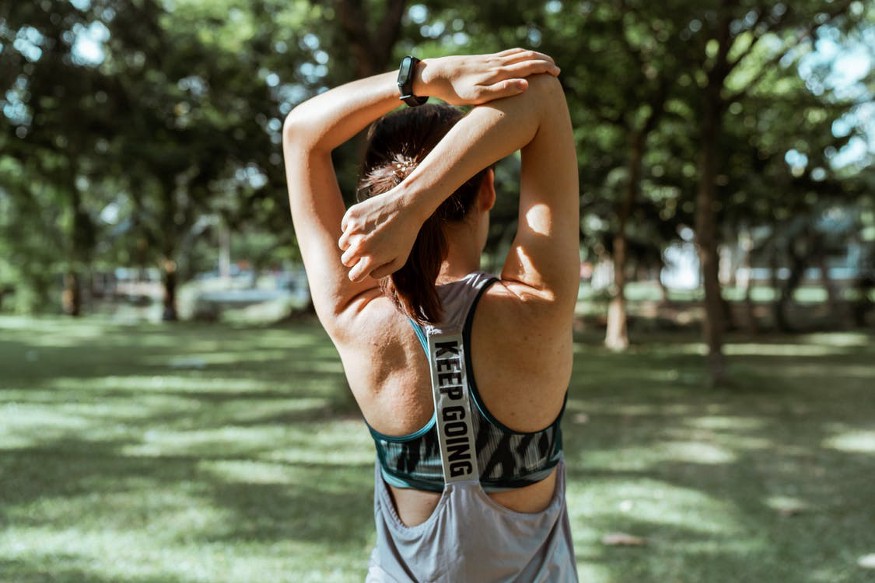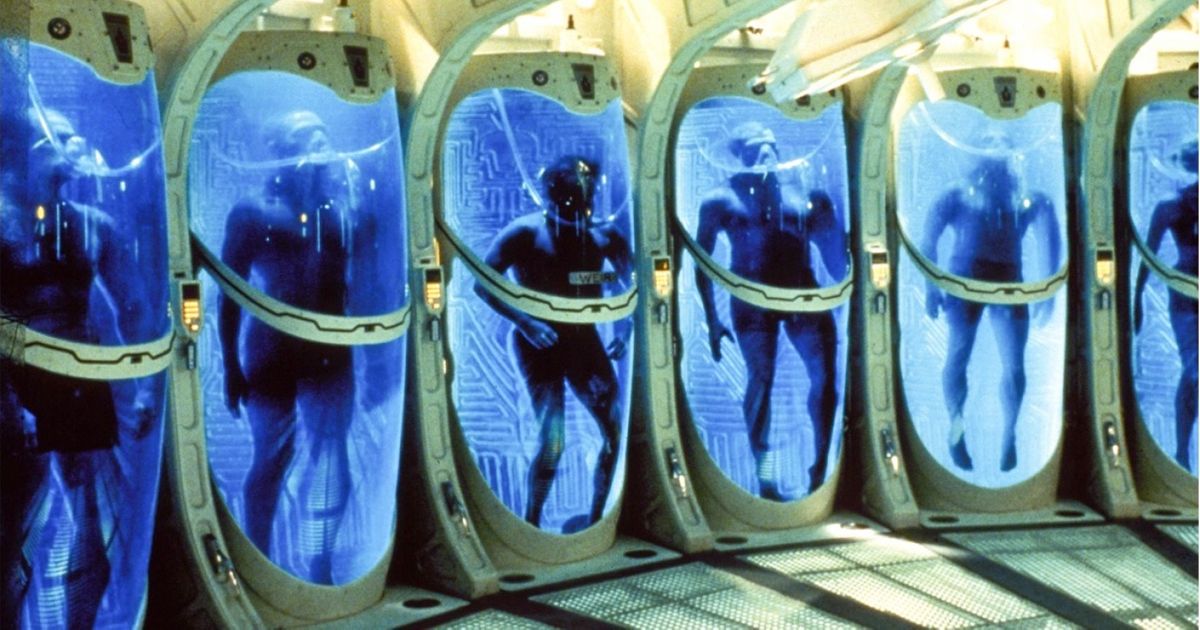In our fast-paced lives, it’s easy to overlook the importance of hydration. Staying adequately hydrated is essential for our overall health and well-being. Dehydration can lead to a range of negative effects on our body, from impaired cognitive function to decreased physical performance.
In this article, we will explore the vital role hydration plays in our daily lives and provide you with practical strategies to ensure you stay hydrated throughout the day.
The Importance of Hydration and How It Affects You
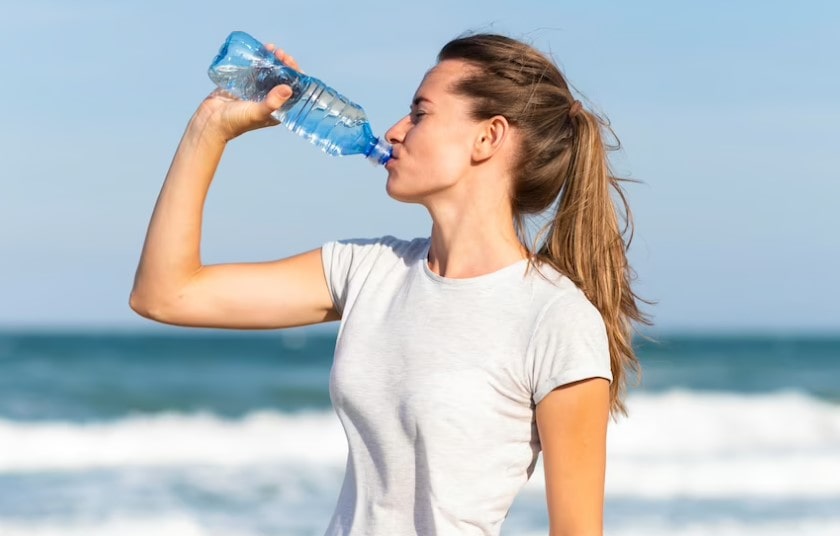
Hydration is not just about quenching your thirst; it’s about maintaining the delicate balance of fluids in your body. Every cell, tissue, and organ relies on proper hydration to function optimally. But how exactly does hydration impact your body?
1. Boosting Physical Performance
Proper hydration is crucial for athletes and fitness enthusiasts. Dehydration can lead to reduced endurance, muscle cramps, and heat-related illnesses.
2. Cognitive Function and Focus
Staying hydrated supports cognitive function. Dehydration can lead to difficulty concentrating, impaired short-term memory, and reduced alertness.
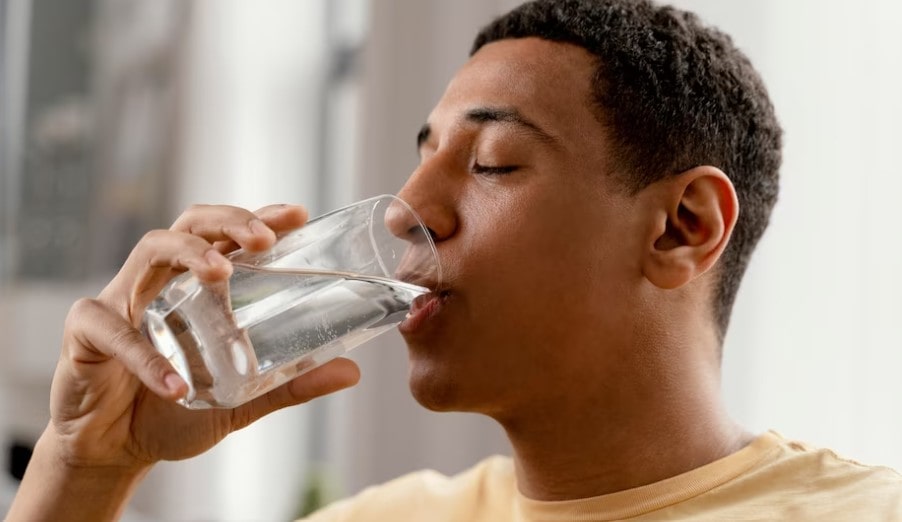
3. Temperature Regulation
Water helps regulate your body temperature, especially during physical activities. Dehydration makes it harder for your body to maintain a steady temperature, putting you at risk of heat exhaustion.
4. Digestive Health
Hydration aids digestion by facilitating the movement of food through your digestive system. It can prevent constipation and promote regular bowel movements.
5. Skin Health and Appearance
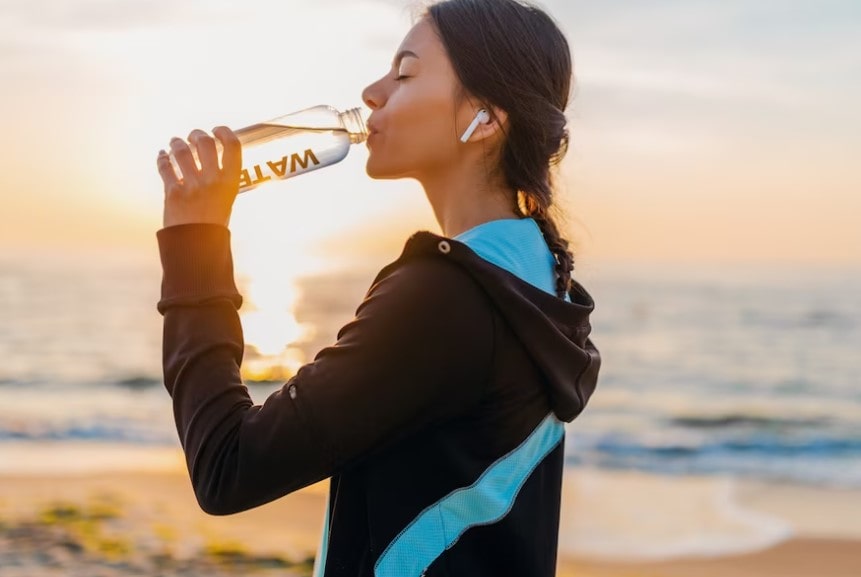
Proper hydration contributes to healthy, glowing skin. Dehydration can lead to dryness, premature aging, and skin conditions.
6. Detoxification
Water plays a vital role in removing waste and toxins from your body through urine and sweat.
How to Stay Hydrated Throughout the Day
Staying hydrated doesn’t have to be a daunting task. By incorporating some simple habits into your daily routine, you can ensure you’re maintaining optimal hydration levels.
1. Start Your Day with Water
Kickstart your hydration early by drinking a glass of water as soon as you wake up. This helps replenish the fluids lost during sleep and jumpstarts your metabolism.
2. Carry a Reusable Water Bottle
Having a reusable water bottle with you at all times serves as a visual reminder to drink water regularly. Aim to finish a certain amount by specific times throughout the day.
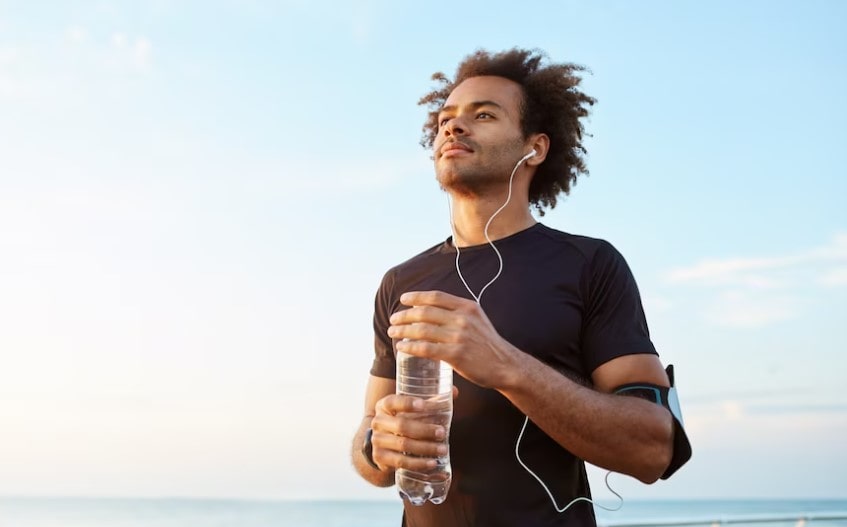
3. Set Hydration Alarms
Use your phone or smartwatch to set hourly reminders to take a few sips of water. Over time, this will become a habit.
4. Infuse Your Water
If plain water isn’t your favorite, infuse it with fruits like lemon, berries, or cucumber for a refreshing flavor.
5. Monitor Your Urine Color
The color of your urine can indicate your hydration level. Pale yellow or straw-colored urine generally indicates proper hydration.
6. Incorporate Hydrating Foods
Many fruits and vegetables have high water content. Enjoy snacks like watermelon, cucumbers, and oranges to boost your hydration.
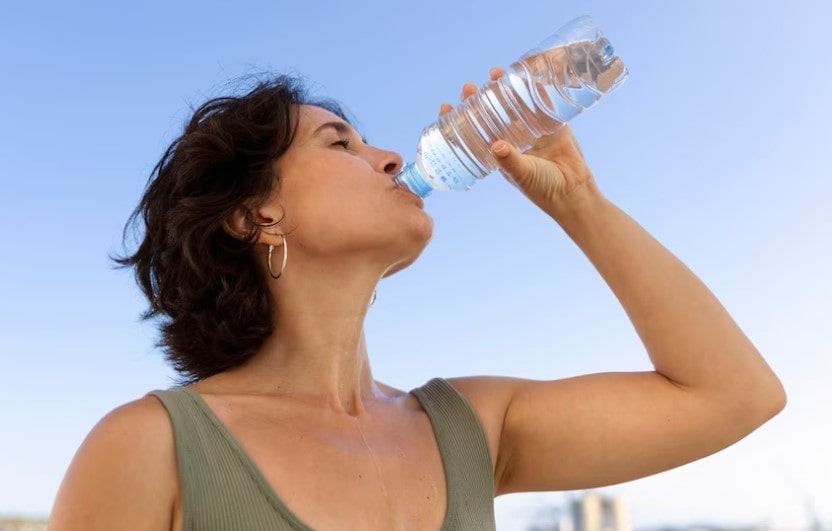
Conclusion
Prioritizing hydration is a simple yet powerful way to enhance your overall well-being. From better physical performance to sharper cognitive function, the benefits of proper hydration are undeniable. By adopting the tips mentioned in this article and making conscious efforts to stay hydrated throughout the day, you’re taking a proactive step towards a healthier and happier you.
FAQs
Q: How much water should I drink daily?
A: While the “8×8” rule (eight 8-ounce glasses) is a good guideline, your hydration needs vary based on factors like activity level and climate. Listen to your body and drink when you’re thirsty.
Q: Can I drink beverages other than water for hydration?
A: Yes, other beverages like herbal tea, infused water, and milk contribute to your hydration. However, be mindful of added sugars and caffeine, which can have diuretic effects.
Q: What are the signs of dehydration?
A: Common signs include dark yellow urine, dry mouth, fatigue, dizziness, and headaches.
Q: Does hydration affect weight loss?
A: Staying hydrated can support weight loss by curbing overeating. Sometimes, our bodies confuse thirst with hunger.
Q: Is it possible to overhydrate?
A: While rare, overhydration can occur and is known as hyponatremia. It happens when you drink excessive amounts of water, diluting your body’s electrolyte balance.
Q: How does hydration impact my skin?
A: Proper hydration keeps your skin moisturized and can prevent issues like dryness and acne.
